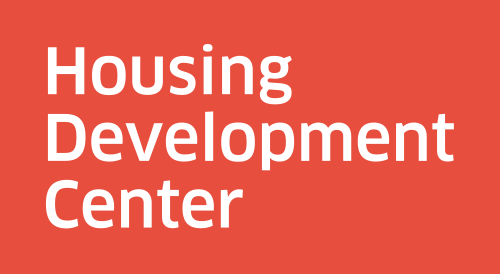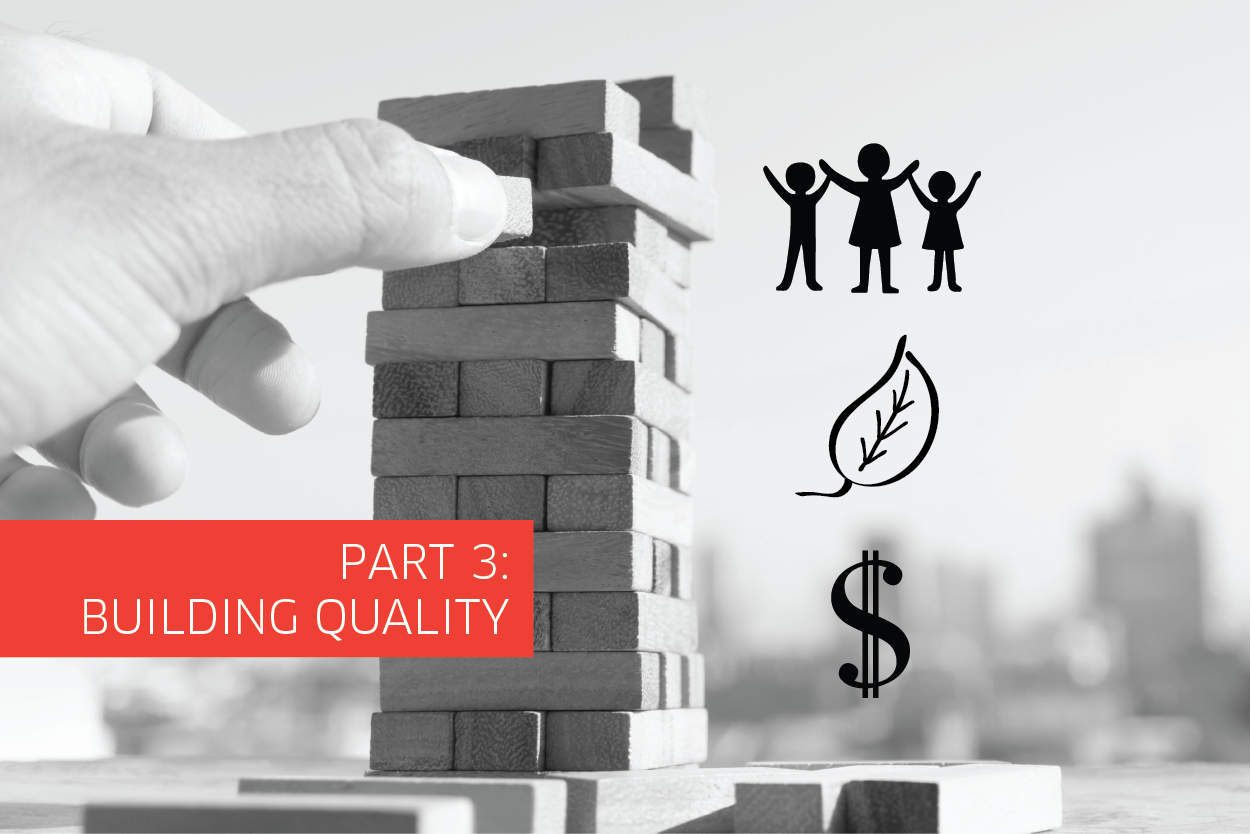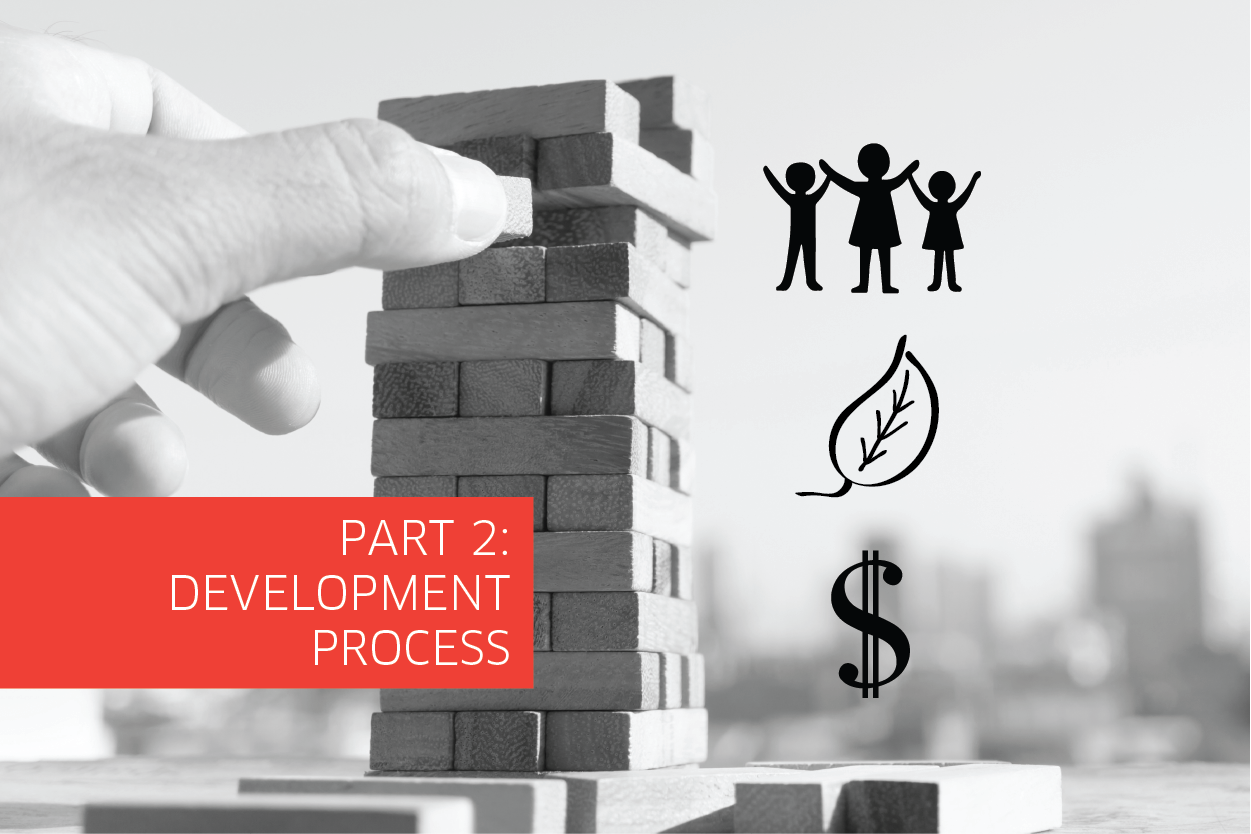Planning to be at the Industry Support Conference and still deciding which sessions to attend? Make sure to check out these panel discussions and trainings led by HDC staff.
Read MorePermanent supportive housing, or PSH, is a model that works. So, it’s worth acknowledging that Oregon has strengthened its commitment to PSH, with visible results.
Read MoreThe fund, established by the City of Portland and administered by HDC, reimburses eligible owners for excess repair and operating costs associated with operating PSH.
Read MoreLet’s start talking about the investments we can make today to build the skilled, diverse, creative, committed workforce we need for tomorrow.
Read MoreUrgent tasks eat up too much of our time. The good news is that you can prioritize long-term planning with the help of these essential time management and time saving practices.
Read MoreWe are thrilled that these four talented people have joined our team: Operations Manager Chelsea Lancaster, Senior Asset Management Project Manager Liz Winchester, Associate Project Manager Blair Schaeffer-Bisht, and Senior Finance Project Manager Ben Loftis.
Read MoreIn a historically strong funding environment, Oregon’s housing providers are taking bold action to expand housing access—and to grow as housing developers and owners. HDC is proud to support our partners to do both.
Read MoreYou’ve decided to make asset management planning a priority—and now you need some tips on how to go about building your plan. This post is for you.
Read MoreFive incredible housing organizations. Five greenlighted development projects that will expand opportunities for communities impacted by housing insecurity in Oregon. Our clients’ recent funding wins are giving us reasons to cheer. (And to hire!)
Read MoreHeavier compliance burdens. Steeper pathways to financial sustainability. For housing owners, asset management is a bigger, more complicated, and more important job than it used to be.
Read MoreHow green is modular construction, when it comes to multifamily housing? This is the fourth part of a series addressing practical and values-based questions about modular building that matter to nonprofit owners and developers of affordable multifamily housing.
Read MoreGrassroots group Asian Pacific American Network of Oregon (APANO) led the community visioning process that drove the development of the Orchards of 82nd, a new mixed-use building in a transitioning East Portland neighborhood. Now APANO is putting down roots as the owner of the building’s commercial condominium.
Read MoreTransition Projects’ LISAH development is a first-of-its-kind modular cohousing community that will provide deeply affordable homes to individuals transitioning from homelessness. The first modules dropped on August 26 and 27, and a community event will celebrate the project’s launch this Friday.
Read MoreHow does the quality of modular buildings compare to that of conventionally built structures? This is the third part of a series addressing practical and values-based questions about modular building that matter to nonprofit owners and developers of affordable multifamily housing.
Read MoreOften, the unfunded capital needs of affordable housing properties are understood as unanticipated crises that owners are responsible for fixing. What if we shift the frame?
Read MoreHow will using modular construction affect your project’s development process? This is the second part of a series addressing practical and values-based questions about modular building that matter to nonprofit owners and developers of affordable multifamily housing.
Read MoreHow will using modular construction affect your project’s hard costs? This is the first part of a series addressing practical and values-based questions about modular building that matter to nonprofit owners and developers of affordable multifamily housing.
Read MoreWhat are the financial, social, and environmental impacts of making the shift from onsite to off-site construction? This series addresses practical and values-based questions about modular building that matter to nonprofit owners and developers of affordable multifamily housing.
Read MoreHow can we get to a place where there is reliable funding to support the long-term physical needs of Oregon’s affordable housing? We can start with two steps.
Read MoreAffordable housing is part of our public infrastructure, like roads and schools. Whose responsibility is it to pay for the physical needs of these properties as they age?
Read More



















